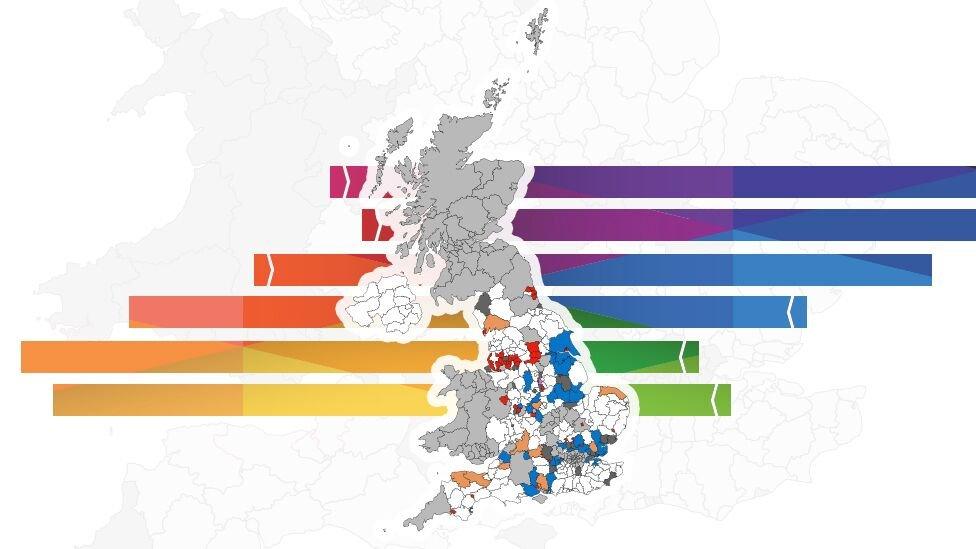John McDonnell: No trust left in PM over Brexit talks
- Published
John McDonnell: 'We're dealing with a very unstable government'
Labour's shadow chancellor says he does not trust Theresa May after details from cross-party talks on Brexit were leaked to the press.
The PM has called on Labour leader Jeremy Corbyn to "put their differences aside" and agree a Brexit deal.
But John McDonnell said she had "blown the confidentiality" of the talks and "jeopardised the negotiations".
The UK was due to leave the EU on 29 March, but it was delayed to 31 October after MPs failed to agree a deal.
Mrs May put the plan she had negotiated with the EU to Parliament three times, but it did not have the support of the Commons.
'Uncomfortable' decision
Writing in the Mail on Sunday, external, Mrs May said Mr Corbyn should "listen to what voters said" in Thursday's local elections - which saw the Conservatives lose 1,334 councillors and Labour fail to make expected gains, instead losing 82 seats.
The Liberal Democrats benefited from Tory losses, gaining 703 seats, with the Greens and independents also making gains.
The prime minister blamed the Brexit impasse for the losses - but said the elections gave "fresh urgency" to find a way to "break the deadlock".
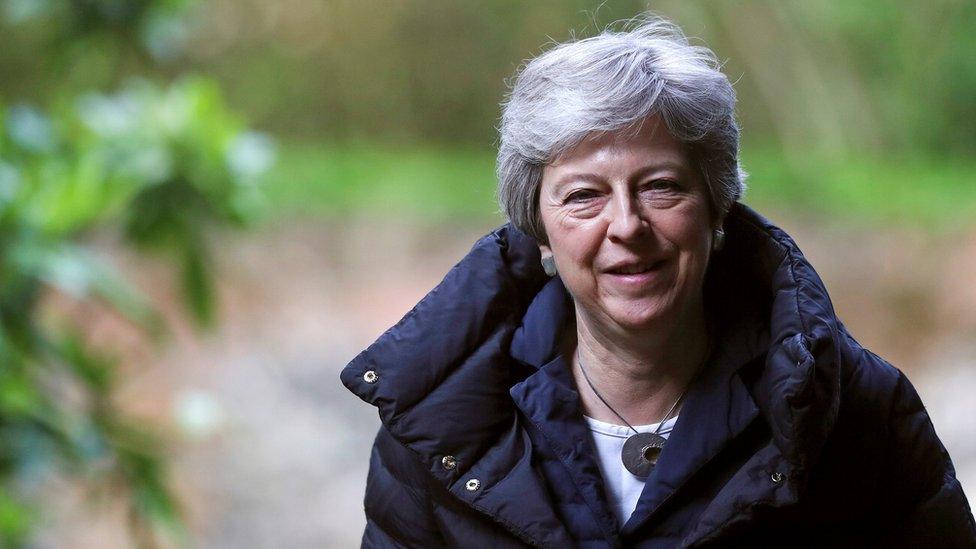
Theresa May appealed to the Labour Party to find a compromise over Brexit
Mrs May also said she hoped to find a "unified, cross-party position" with Labour - despite admitting that her colleagues "find this decision uncomfortable" and that "frankly, it is not what I wanted either".
Mr McDonnell agreed that the message from the polls was to "get on with it" and come to an agreement over Brexit quickly.
But while he said the talks between the two parties would continue on Tuesday, he said they had been undermined after an article in the Sunday Times, external detailed where Mrs May was willing to compromise - namely on customs, goods alignment and workers' rights.
The paper also said the PM could put forward plans for a comprehensive, but temporary, customs arrangement with the EU that would last until the next general election.
Mr McDonnell told the BBC's Andrew Marr show: "We have maintained confidentiality as that is what we were asked to do. We haven't briefed the media.
"So it is disappointing the prime minister has broken that, and I think it is an act of bad faith.
"I fully understand now why she couldn't negotiate a decent deal with our European partners if she behaves in this way."
Asked if he trusted the prime minister, the shadow chancellor said: "No. Sorry. Not after this weekend when she has blown the confidentiality we had, and I actually think she has jeopardised the negotiation for her own personal protection."

'Success isn't guaranteed'
By Nick Eardley, BBC political correspondent
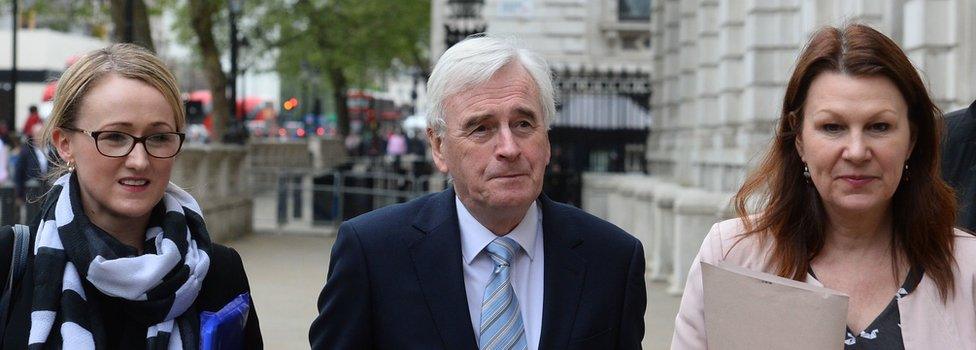
Labour's Rebecca Long-Bailey, John McDonnell and Sue Hayman have all been taking part in the cross-party talks
Clearly both sides think there is fresh impetus to get a deal after the local elections.
The government seems prepared to move towards Labour's position, but it's far from clear that it will be enough.
There's a real fear on the Labour side that if this isn't a permanent arrangement, a new Tory leader - perhaps Boris Johnson or Dominic Raab - could come along and try to change it.
So success isn't guaranteed when the two sides get back around the table on Tuesday, and both sides need to know they can take a big chunk of their parties with them.
If Theresa May faces losing dozens of Tories opposed to a customs union, or Jeremy Corbyn faces losing dozens of labour MPs who want another referendum, they might not have the numbers to get this through the Commons.
And in that case, a compromise is useless.

Sir Graham Brady, the chairman of the 1922 committee of Tory backbenchers, told the Daily Telegraph that staying in a customs union could lead to a "catastrophic split" in the Conservative Party.
And Brexit Party leader Nigel Farage told Sky News' Sophy Ridge on Sunday programme that millions of people would give up on Labour and the Conservatives if they agreed a deal, adding it would be the "final betrayal".
But the new International Development Secretary Rory Stewart told BBC Radio 5 live's Pienaar's Politics the Tories might have to "take some short-term pain" to finish the job.
The leader of the Scottish Conservatives, Ruth Davidson, also said her party needed to "start walking ourselves back" from the extremes of the argument to find a compromise, telling the BBC's Andrew Marr "there is a deal to be done" with Labour.
Ruth Davidson MSP: "The answer is somewhere in the middle".
'Cobbled together'
Meanwhile, Labour's deputy leader Tom Watson said it was "absolutely right" for the talks to continue, but told Pienaar's Politics: "I don't think we should be in any doubt that the Labour Party membership and vast numbers of my colleagues in Parliament don't want us to just sign off on a Tory Brexit.
"They don't want us to bail the prime minister out of the problem of her own making and a very large number of our members think the people should decide on what that deal looks like."
The comments come after the People's Vote campaign - which wants a referendum on a final Brexit deal - published a letter signed by more than 100 opposition MPs saying any new, agreed deal should be put to the public for a vote.
Labour MP Bridget Phillipson, who backs the campaign, told Sky's Sophy Ridge: "I think we have reached a stage now that whatever deal is agreed... it has to go back to the British people.
"Something stitched up, cobbled together in Westminster will not be sustainable in the long run. I want to check it is what people want now."
- Published3 May 2019
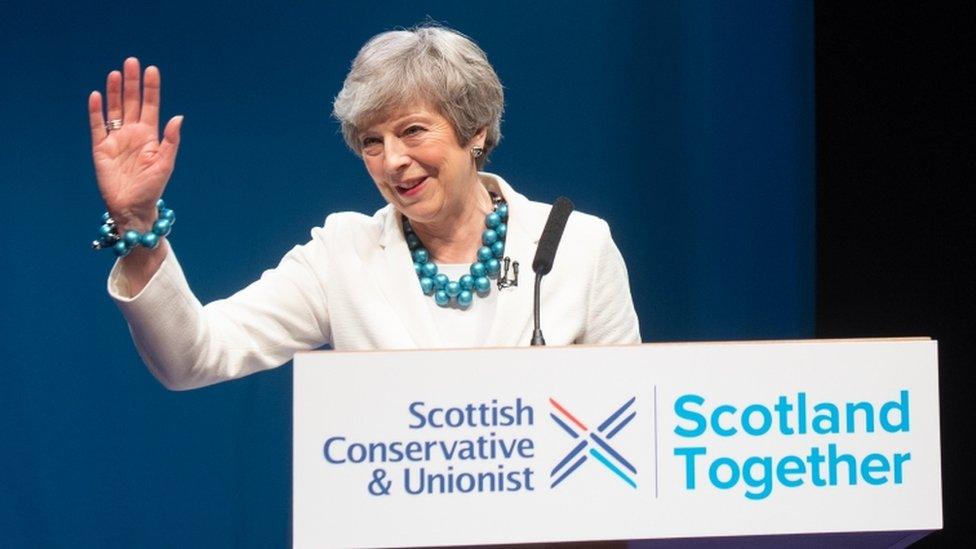
- Published4 May 2019
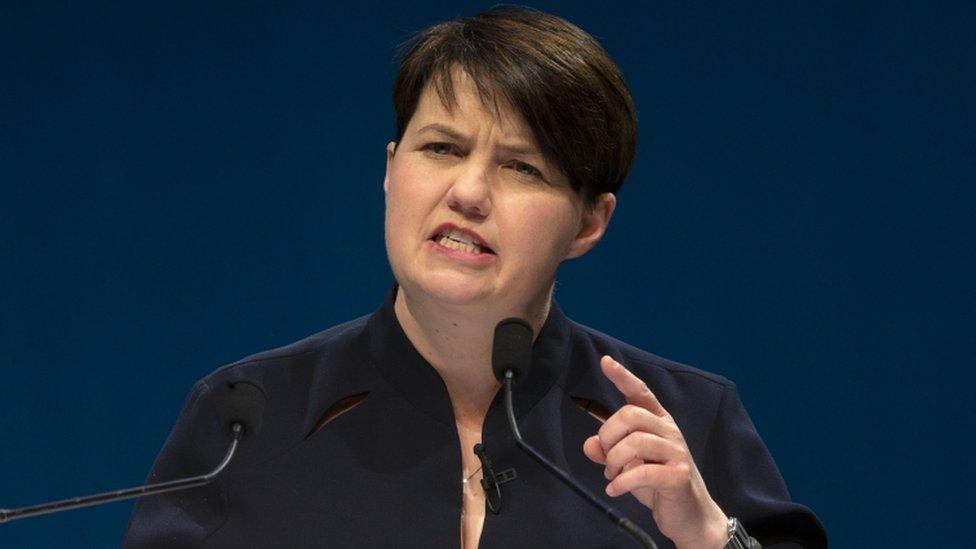
- Published4 May 2019
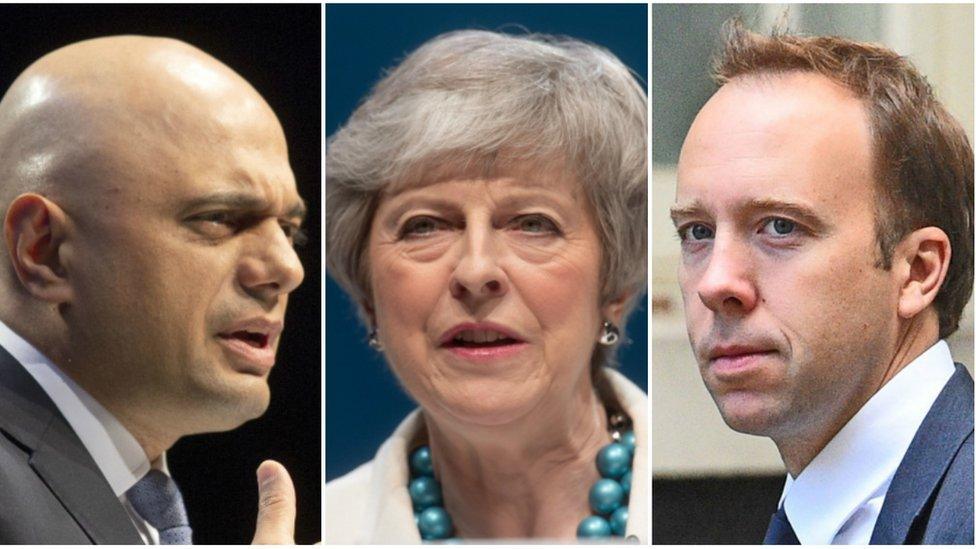
- Published3 May 2019
